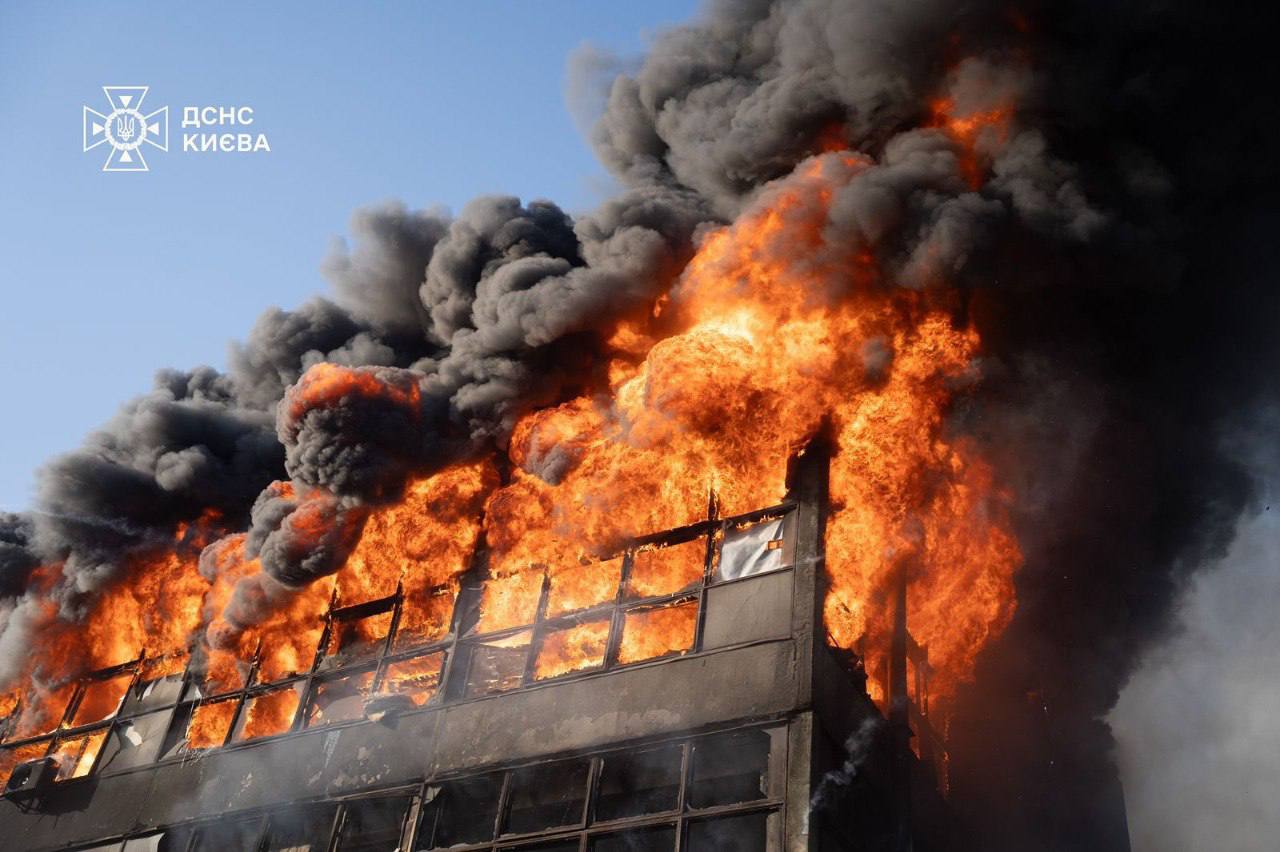Ukraine needs new Marshall Plan, Trump's envoy Kellogg says ahead of Recovery Conference

International partners must help Ukraine rebuild by introducing their own Marshall Plan, U.S. Special Envoy for Ukraine Keith Kellogg said on July 9 during an open discussion in Rome, Ukrinform reported.
Kellogg's statement comes on the eve of the Ukraine Recovery Conference in Rome, co-hosted by Ukraine and Italy from July 10 to 11. It marks the fourth major international event focused on mobilizing political and private-sector support for Ukraine's reconstruction.
Kellogg emphasized the importance of rebuilding Ukraine and mentioned the Marshall Plan, an economic aid program the United States offered to European countries after World War II to help them rebuild their economies.
According to Kellogg, a similar initiative could be developed for Ukraine. The U.S. envoy said this would be "extremely challenging," as the situation is very complicated. A ceasefire must first be achieved, which could eventually lead to the end of the Russian war in Ukraine, he added.
The diplomat noted that the Ukrainians agreed to the ceasefire, but it was a unilateral agreement.
Kellogg also placed particular emphasis on the issue of returning Ukrainian children.
According to Kellogg, U.S. President Donald Trump raised the issue directly with President Volodymyr Zelensky, urging that it be a key point in any future negotiations with Moscow. Kellogg added that the Russian side reportedly agreed to include it on the agenda of the future talks.
Prior to the open discussion, Kellogg also met Zelensky on July 9 ahead of the Recovery Conference. The president described their conversation as "substantive" and said the meeting focused on weapons support and sanctions.
The Recovery Conference opens as Ukraine continues to face daily aerial bombardments and repel Russian ground offensives across the front line. The destruction has placed immense pressure on Ukraine's economy and infrastructure.
The Financial Times reported on July 8 that Kyiv faces a projected deficit of $8 billion to $19 billion for 2026, driven largely by declining U.S. assistance and the absence of a breakthrough toward a ceasefire.












